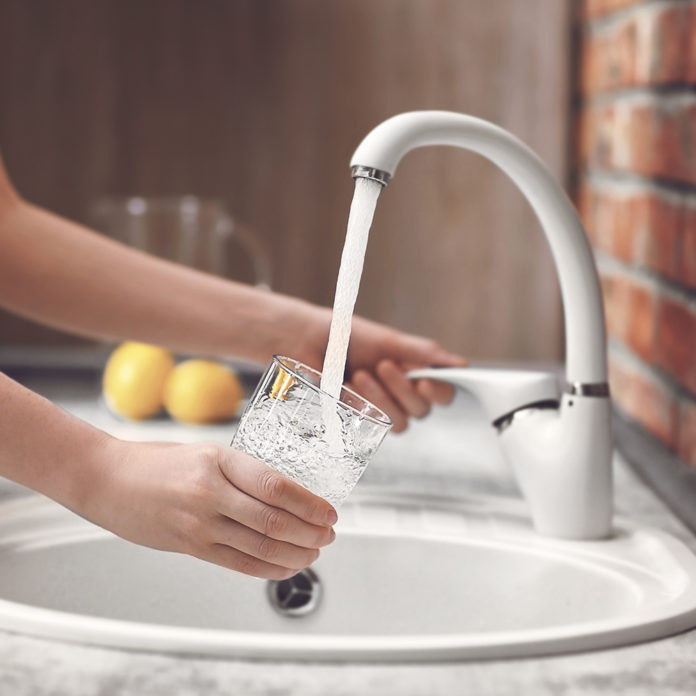
“Let’s have a talk about what we can do to save water.” Words from my wife, tbV [the beautiful Valerie] to me last night.
We live in Cape Town and our city is about to move to level 3 water restrictions pretty soon. This conversation wasn’t so much a nice idea, but rather a duty and obligation.
You can read all about the water restrictions on this IOL article over here, but briefly level 3 restrictions look like this:
Under Level 3 restrictions, watering or irrigation of gardens, lawns, flower beds, plants, vegetable gardens, sports fields, parks and other open spaces using municipal water is allowed only if using a bucket or watering container. No use of hosepipes or automatic sprinkler systems is allowed.
So one quick step I was able to do to save water, was to post the article link and this paragraph on social media to alert my friends who might not be aware.
Another easy way was to make a Facebook status inviting friends to share ideas of how they save water. For example, we use organic soaps and so we are looking at the possibility of re-using washing water on our gardens. Having a bucket in the shower to at least capture some of that water is another one.
ONCE YOU’RE DONE WITH WATER
There is always going to be more that we can do. We can allow that thought to paralyse us or we can choose to focus on what we can do. Is it better to give all of my money away in this moment and from now on be forced to rely on other people and not be able to give? Or should we try find a balance of giving to specific people, groups or needs in a way that is sustainable and will make more of an ongoing difference?
My wife actually heads up a non-profit in South Africa called Common Change that allows you to do just that. Groups of friends, giving together through relationship.
What about time? Not everyone has a lot of extra money to go around, but is there a way I can use my time to benefit others. For the last few weeks I have been part of the Peace Justice Witness teams that have been observers at the University protests. Our main skill has been showing up and just being a presence there. Something most people can do.
I have some friends who drive into a local township on Fridays to do extra maths with pupils there. My friend Ashley heads up Bottom Up, which is an education enrichment programme offered free of charge to under-resourced schools. Another friend, Unathi, mobilises groups of young people to perform shows to the sick or elderly. And so on. If you have time to offer, there are always places to easily be plugged in.
CHECK THE LIST
So as you read this, why not take a moment and work through this list of four things you have to offer and see how and what you’re doing:
Money
Time
Energy
Resources
Perhaps there is something you need to be doing more of. Maybe there is actually something you need to be reducing or doing less of. What if you committed to one less takeaway coffee a day, or cut out one restaurant visit a month, or spent the money for one date night on another couple you know who could really use it?
No one can really dictate what you should be doing, but the hope is that each of us should be doing something. It’s about being intentional. About choosing to make a difference in the lives of others around us and to help look after the planet as best we can for those who will follow.
What are some of the ideas you have for saving water? Share them in the comments below.
